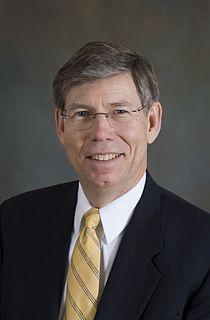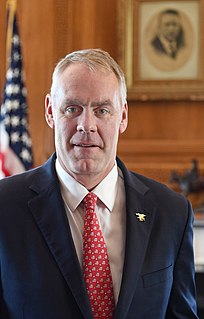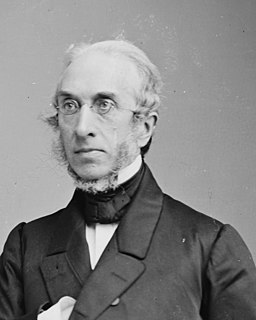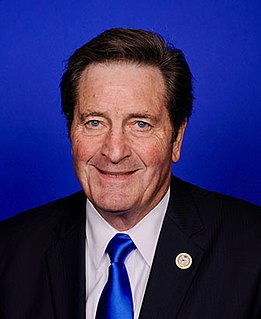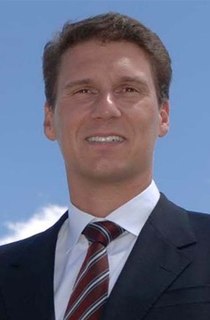A Quote by Bill McCollum
[A new all-encompassing national identification system] contradicts some of our most sacrosanct American principles of personal liberty and expectations of privacy and is far in excess of what is needed to provide us with the security and protections we all want.
Related Quotes
In a democracy it is ultimately for us, the citizens, to judge where to place the balance between security and privacy, safety and liberty. It's our lives and liberties that are threatened, not only by terrorism but also by massive depredations of our privacy in the name of counter-terrorism. If those companies from which governments actually take most of our intimate details want to show that they are still on the side of the angels, they had better join this struggle for transparency too.
Remember, it is the president's constitutional duty to provide a strong national defense. Don't insert politics into national security. Listen to your ground commanders. They know better than anyone what our military's needs are. Have somebody strong at home who can provide you with needed support 'off the battle field.'
In what region of the earth ever so remote from us, in what corner of creation ever so far out of the range of our communication, does not some burden lightened, some bond loosened, some yoke lifted, some labor better remunerated, some new hope for despairing hearts, some new light or new liberty for the benighted or the oppressed, bear witness this day, and trace itself, directly or indirectly, back to the impulse given to the world by the successful establishment and operation of free institutions on this American continent?
National security is a really big problem for journalists, because no journalist worth his salt wants to endanger the national security, but the law talks about anyone who endangers the security of the United States is going to go to jail. So, here you are, especially in the Pentagon. Some guy tells you something. He says that's a national security matter. Well, you're supposed to tremble and get scared and it never, almost never means the security of the national government. More likely to mean the security or the personal happiness of the guy who is telling you something.
Such a man the times have demanded, and such, in the providence of God was given us. But he is gone. Let us strive to deserve, as far as mortals may, the continued care of Divine Providence, trusting that, in future national emergencies, He will not fail to provide us the instruments of safety and security.
For all the advances in technology, science and communications, there are signs that we are failing in areas where it matters most: our personal relationships and society in general. The atomisation of society evidenced by the startling increase in recent decades of single person households and the identification of loneliness and isolation as one of our most pressing new social problems, should give us cause for concern.
I don't think he would have had any trouble answering Justice Sonia Sotomayor's excellent challenge in a case involving GPS surveillance. She said we need an alternative to this whole way of thinking about the privacy now which says that when you give data to a third party, you have no expectations of privacy. And [Louis] Brandeis would have said nonsense, of course you have expectations of privacy because it's intellectual privacy that has to be protected. That's my attempt to channel him on some of those privacy questions.
I don't believe that the American people want us to focus on our job security. They want us to focus on their job security. I don't think they want more gridlock. I don't think they want more partisanship. I don't think they want more obstruction. They didn't send us to Washington to fight each other in some sort of political steel-cage match to see who comes out alive. That's not what they want. They sent us to Washington to work together, to get things done, and to solve the problems that they're grappling with every single day.
